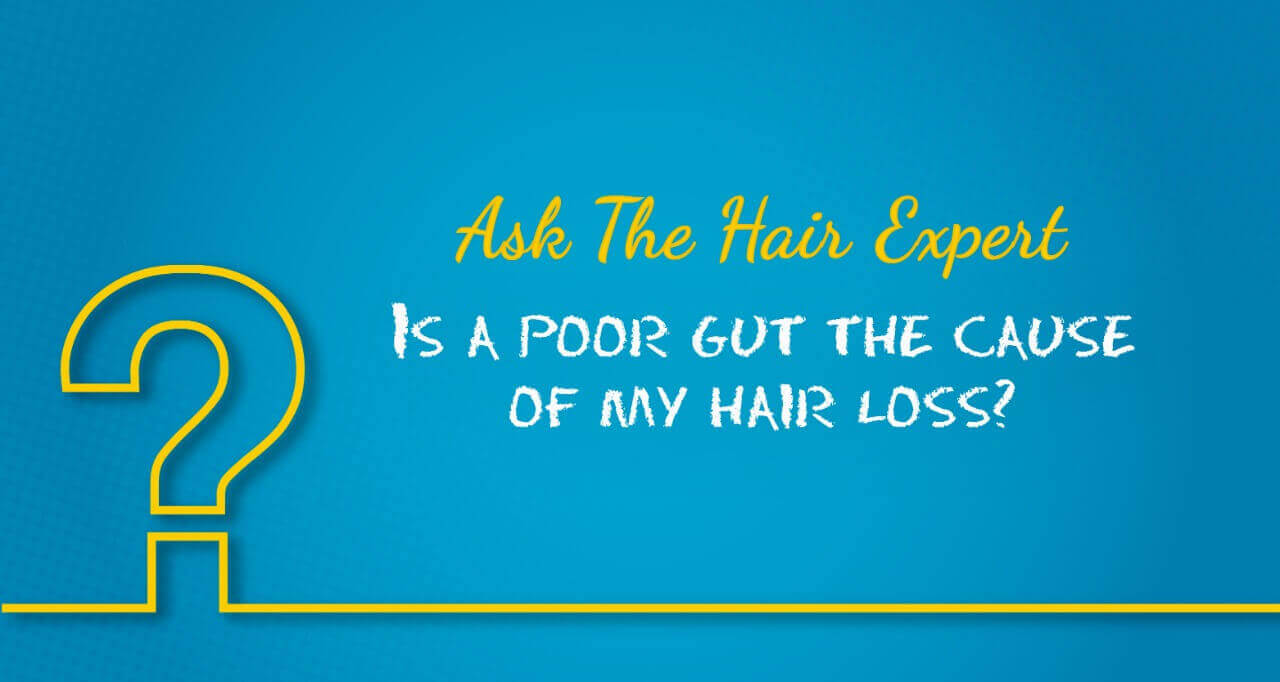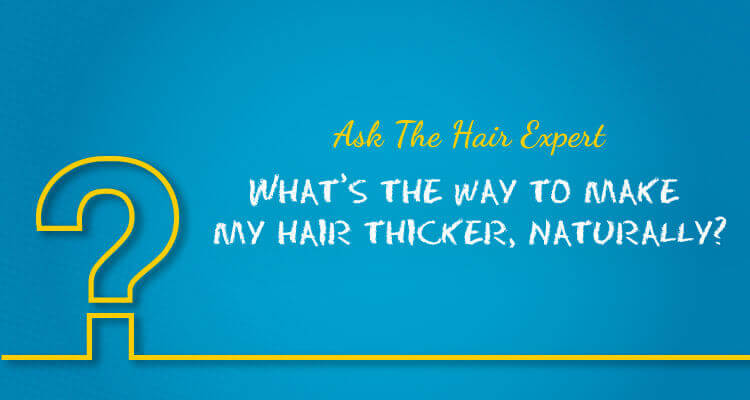PCOD – The trending problem
PCOD! Or PCOS! The last letter doesn’t make much of a difference to you. However, all 4 together as a word don’t seem to unfollow you that soon. We can completely empathise. We all live in a time when this particular condition has become like some style statement. Ask any lady, fair or dark, short or tall, stout or lean, everyone has PCOD, with just one thing in common – none of them opted for it. It chose them, perhaps you too and many others like you. You didn’t opt for it. It chose you and many others like you. The scenario has become so appalling that “I have PCOD” has become as casual and common as “I have a Samsung smartphone or I have a TV set in my home!” That’s how bizarre the numbers seem to us. An article from the Fortis Healthcare, seconded by NDTV as well, left us startled as both announced, one in every 5 women suffer from PCOD.
PCOD – The menace
PCOD to the medical fraternity is Polycystic Ovarian Disorder, but to the common masses out there, it is a Popular Concern Of Damsels! It is a dysfunction of the ovaries. Sadly, not just internally, but PCOD brings obvious and drastic external changes in your looks as well. PCOD is an umbrella term for a health condition as it brings along a lot more. While everyone talks of the medical symptoms, none ever notice the psychological symptoms associated with PCOD like low self-esteem, feeling ashamed, fear of embarrassment and ridiculing, emotional drain etc. etc. etc.
First and foremost symptom in PCOD. You bleed, excessively or rarely. In other words, your monthly calendar goes for a toss, and you have no control on when and how much you are gonna bleed! Infertility, the next to follow and probably the commonest in the list of symptoms.
And then, there are these popular ones like, your weighing scale finds it difficult to bear your weight. Hirsutism! In simple words, you are a bit hairier than what your other counterparts are. You name the place, and you can find hair everywhere; on your face, chest, abdomen, thighs… We don’t need to be specific as regards the possible outburst of acne, do we? All of you are pretty well aware of those spots on your faces!
Internally, you are going through a lot and you are dealing with it. Meantime what strikes, especially for the world to view, is perhaps the increased facial hair and your hair loss. These become your pertinent concerns since everyone starts noticing the imbalance through your face and the receding scalp.
The first step to solving this (yes, there is a solution!) is to understand why it’s happening. And then get timely professional help to guide you right. Here is some breakdown on the details for you…
PCOD & Hair Loss – The double disaster
PCOD, unfortunately, has that ‘Judwaa’ effect on you. The twin side-effect. On one hand, due to overproduction of male hormones (alias) androgens, you start growing hair on the body like the men, thick and more than adequate. On the other hand, because of the excess sebum, it has a thinning effect as well on the hair on your head. These are the same hormones that drive you to a condition called Androgenetic Alopecia; in simple terms, female pattern hair loss.
Female pattern thinning, Hair loss and eventually baldness (though perhaps not as complete as seen in men) progress in a manner quite different from general hair loss. It starts with diffuse hair loss; thinning starts around the crown area, around the hair partition; the partition starts widening with increased thinning, eventually resulting in a visible scalp. It is gradual and progressive; the pace and the pattern of hair loss may be quite quick and unprecedented in some cases while prolonged in some others.
Let’s understand this better, shall we?
Androgen or male hormones in layman terms are of some types. These are crucial in a girl during her puberty facilitating her normal menstrual cycle, blood flow, normal body hair growth. Testosterone, a male hormone (androgen), is high in volume in a woman with PCOS. While both genders have the natural levels of testosterone and oestrogen in each other, excess is what creates trouble. High levels of testosterone get replicated as Dihydrotestosterone (DHT). This culprit sticks onto your hair follicles turning them dysfunctional, resulting into something popularly referred to as FPHL that is Female Pattern Hair Loss. FPHL includes hair fall, receding line, bald portions etc. There has been a tendency of ignoring the symptoms in PCOS, however lately, many experts have opined in various platforms, of their take on hair loss becoming the preliminary symptom in identifying that a young woman may be on the verge of PCOD.
Is there a solution to this?
Yes.
You don’t have to endure it.
Firstly, it is wise to not panic, remain stress-free and hopeful; then attack the underlying cause of the problem which is a hormonal imbalance. If the hair loss is on account of overproduction of male hormones, then it can be tackled by oral solutions with anti-androgen supplements and topical solutions to attend to hair follicles’ sensitivity to androgen. Your diet, your workout regimen, your weight loss program, your efforts on stress management and your daily practices for a better lifestyle, must strongly complement your female hormone production in the right quantity, at the right time and in the right manner.
We always recommend specialists for specific concerns – consult a gynae for concerns related to the syndrome & your cycle; and consult a Trichologist, a Hair doctor, for your hair concerns which you suspect to be related to the syndrome.
A Trichologist invests time in understanding your medical case history (in this case your PCOS issues, in addition to your overall case history), your lifestyle, your routine; studies your hair & scalp condition, and guides you on the way forward with a scientific solution – Be it a treatment, a change in lifestyle or even diet. As we have discussed above, hair loss (especially in women suffering from PCOS) is deeply-rooted in science. It is hence best addressed through scientific analysis, diagnosis & treatment.
So stay aware, keep an eye out for signs and reach out to professional help (wiser! Not all home remedies and off-the-shelf solutions help!).
Going back to the question – Is there a solution to this? Yes. You don’t have to endure it. Timely action with professional help, will keep your hair and you, healthy and happy.
Watch this space for more informative blogs on hair concerns & women’s health.



